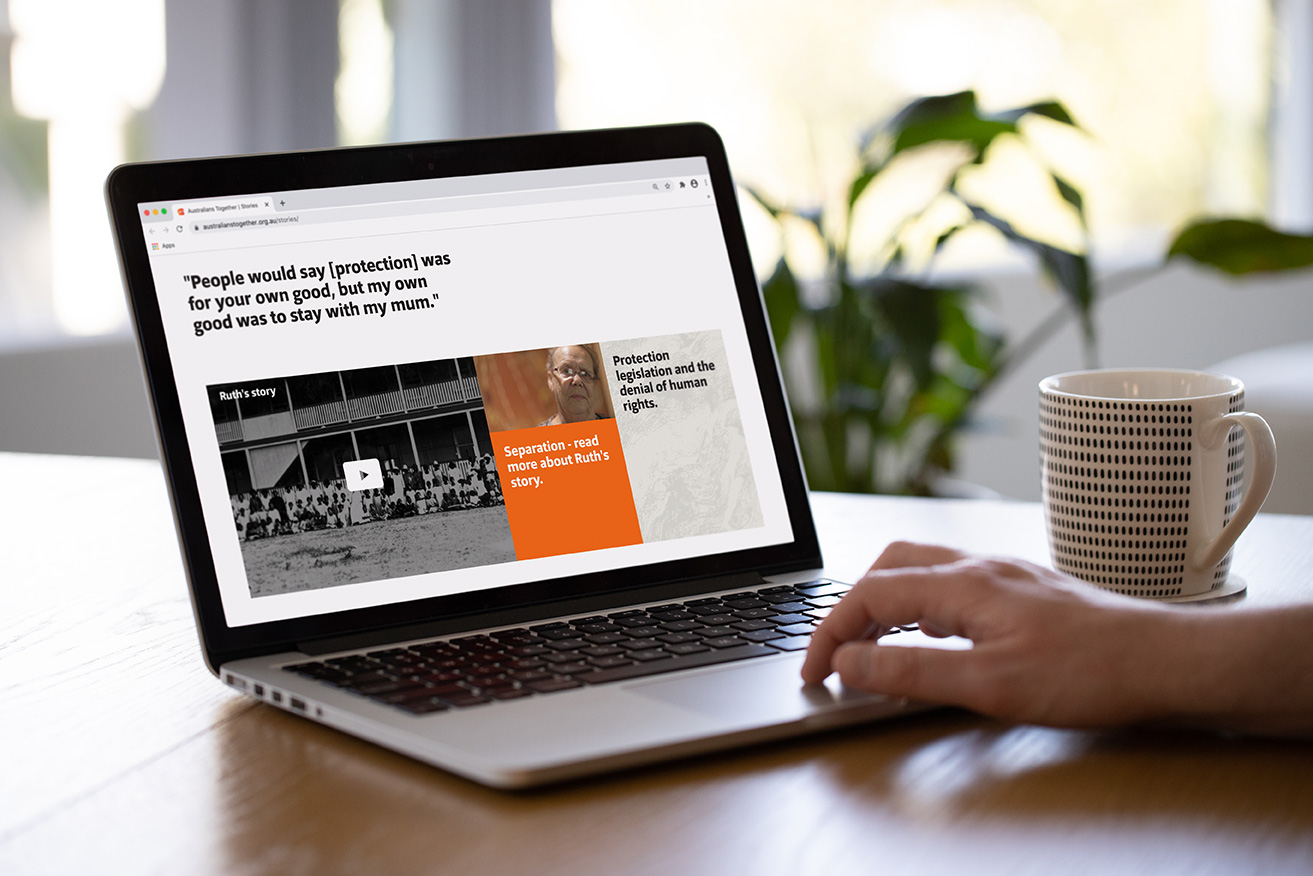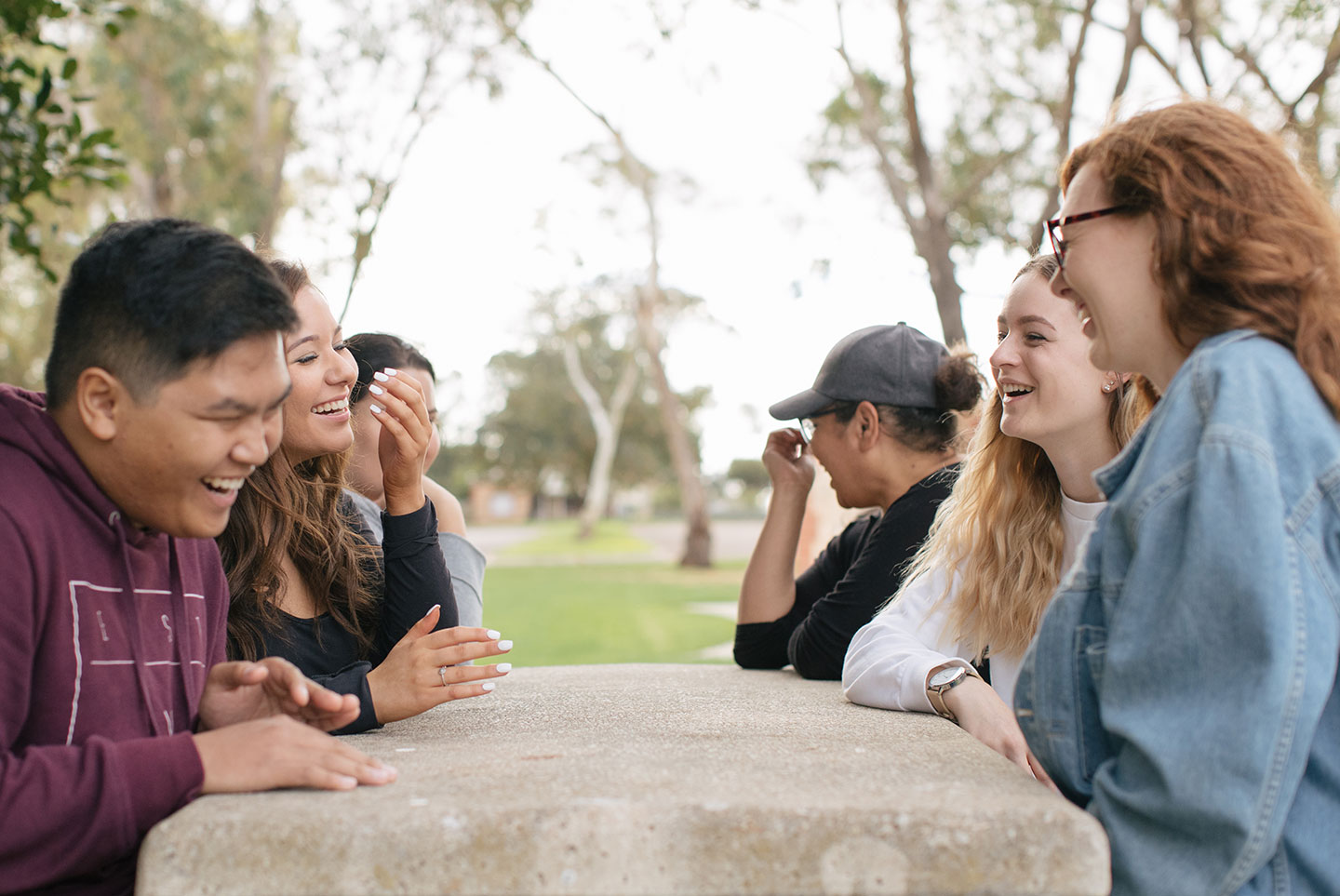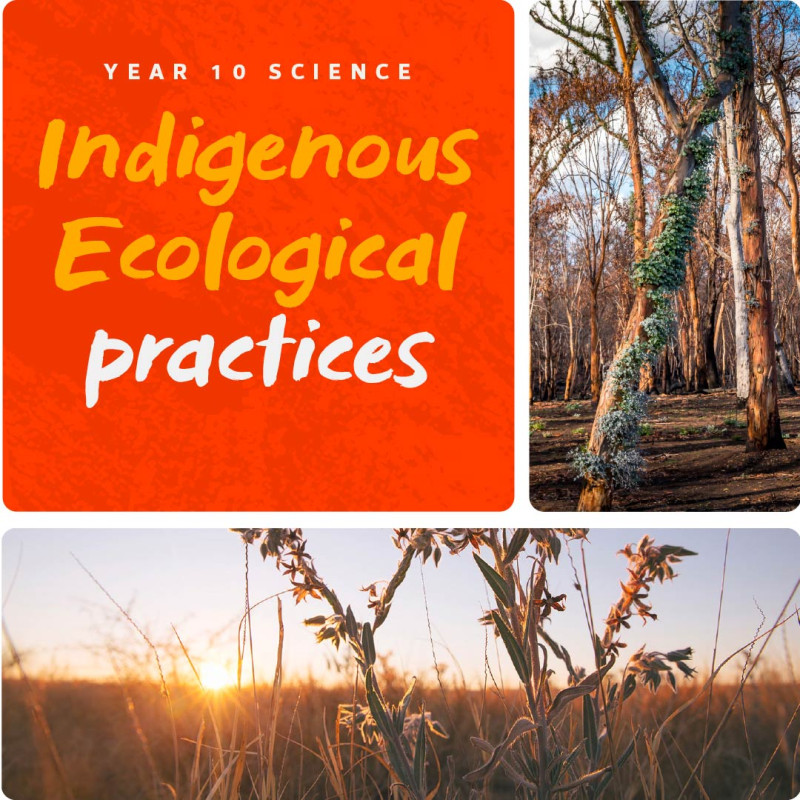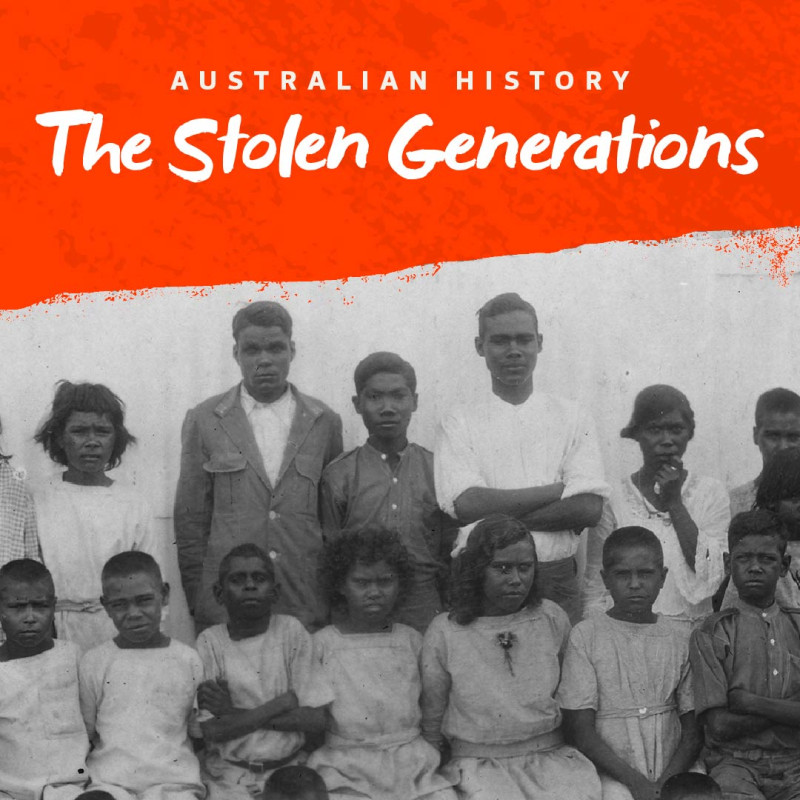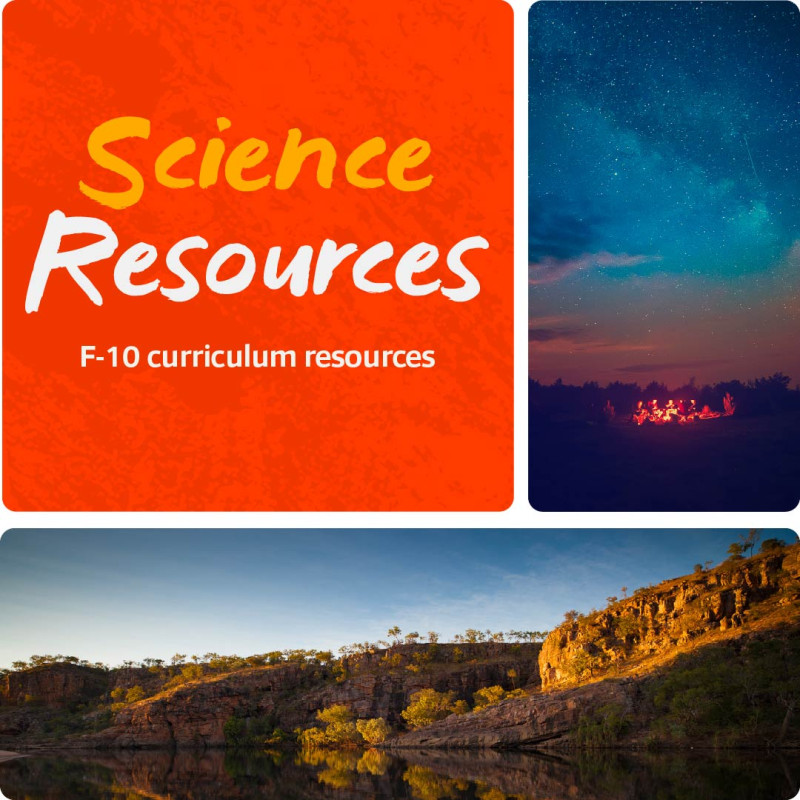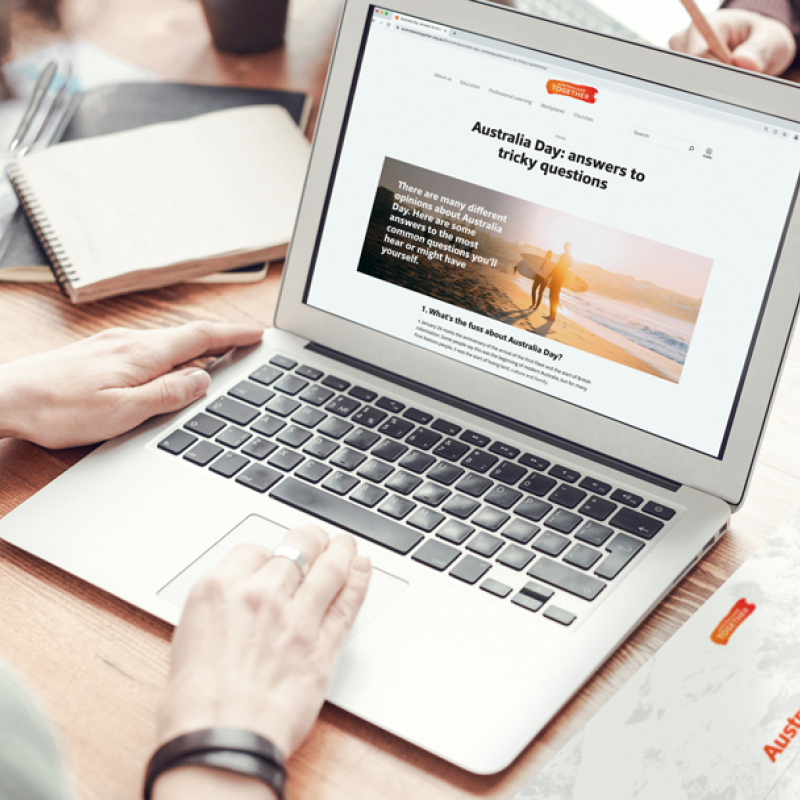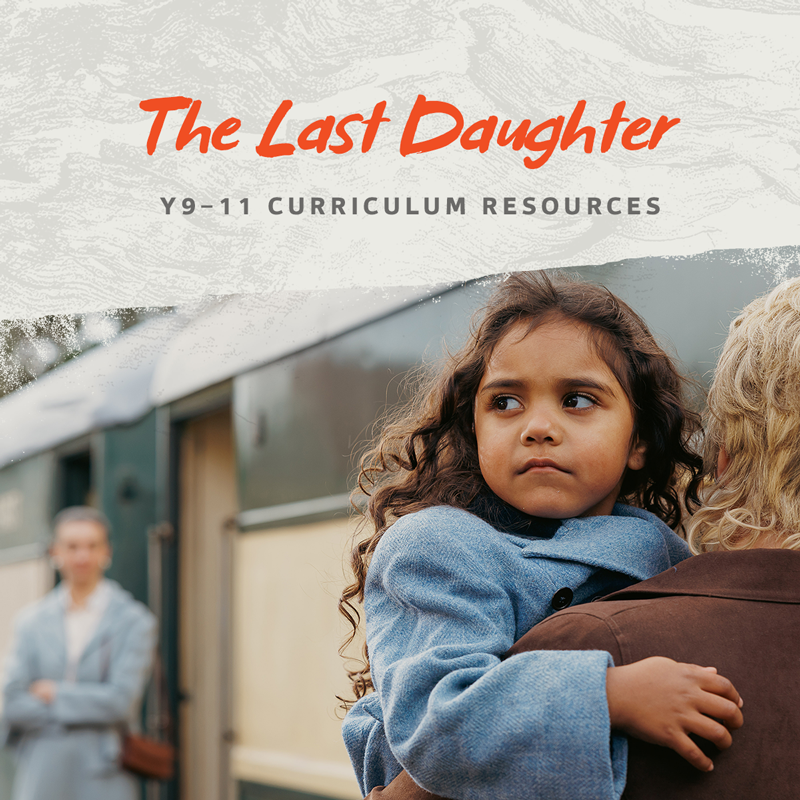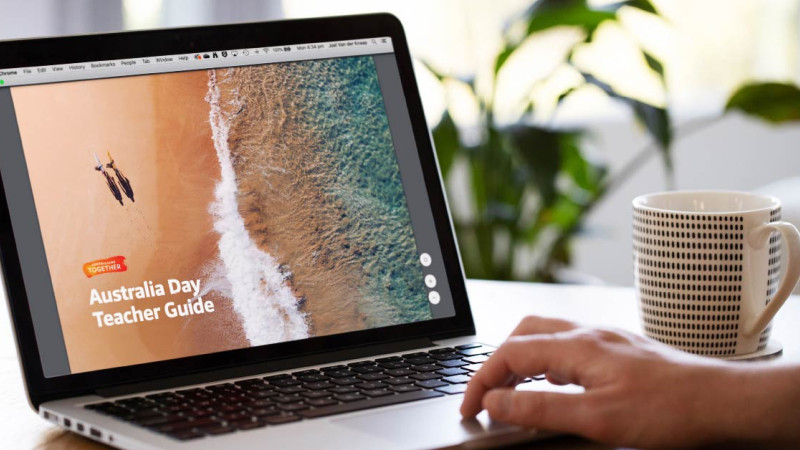Key Dates and Topics
F-Y6 Australia Day guide
F-Y6 Australia Day Pride and Pain Timeline Activity
Y7-10 Australia Day Pride and Pain Timeline Activity
NAIDOC Week 2021
Foundation
Foundation Science & HASS – Caring for Country: how Indigenous scientific observation and cultural practices support ecosystems
Foundation English, Science & Visual Arts – Looking at and listening to our world
Foundation Science & Health and PE – Bush toys: investigating how size and shape affects movement
Year 1
Y1 Science & HASS – Observing and living with the seasons
Y1 Science & Music – Exploring the science of sound with Indigenous instruments
Y1 English, HASS & Drama – First Nations societies before colonisation: Dreaming, living, using waterways
Year 2
Y2 HASS & Science – Indigenous toys used by Aboriginal and Torres Strait Islander children
Y2 English & HASS – Exploring texts by Indigenous authors
Y2 Science & HASS – Living things: making connections with the world around us
Year 3
Y3 Science & Design and Tech – Scientific knowledge helps people develop effective and sustainable products
Y3 HASS & Visual Arts – Where we live: mapping Country
Year 4
Y4 HASS, Music & Visual Arts – Culture of sustainability
Students explore First Nations Peoples’ unique relationship with and responsibility to care for Country. They learn about ways of caring for Country and how knowledge has been passed down, and practices adapted to each geographic location and available resources. Students reflect on their role in protecting biodiversity in local areas and beyond.
Y4 Science, HASS, Drama, Dance, Visual Arts & Media Arts – Protectors of the rainforest
Students examine the ecological importance of the Daintree Rainforest and learn about the Daintree’s Traditional Custodians – Eastern Kuku Yalanji People. Students also learn how, as a decomposer and keystone species, the southern cassowary regenerates the Daintree Rainforest by distributing seeds.
Y4 Science & HASS – Caring for water
Students learn about water and the ways it enriches life. They explore how water’s perceived, valued and how it connects places in the environment. In looking at how First Nations Peoples understand and care for water, students develop their appreciation for water and water places, to learn to care for and sustain these places.
Y4 Maths & HASS – Enough for me, enough for Country: sustainability using fractions and Indigenous lore
Y4 Science, HASS & Design and Tech – Properties of materials
Year 5
Y5 Science & HASS – Sustainable solutions: how Indigenous knowledge can lead to better land and water management in Australia
Year 6
Y6 Science – Habitats, change and survival
This unit explores the relationship between habitats and survival of living things and how the knowledges of First Nations Peoples about Country allowed different species to thrive for millennia. Students investigate changing physical conditions by creating their own experiment.
Year 7
Y7 Geography – Values of water
Students explore the importance of water for First Nations Peoples in Australia and the material, cultural and spiritual meanings associated with bodies of water. The impact of colonisation, First Nations water management and struggles for water rights are explored through three case studies.
Y7 Science – Biological sciences: Indigenous classification and understanding food webs
Y7 Geography – Place and liveability
Year 8
Y8 Geography – Indigenous land management and its cultural value
Y8 Geography – Indigenous cultural landscapes and landforms – degradation and its effects
Y8 Science – Investigating First Nations people’s science knowledges in the production of pigments and dyes
Y8 Science – Fire management and sustainability practices of First Nations Peoples
Year 9
Y9 Geography – Native food production and access
Students explore challenges in native food production and food access within Australia’s biomes. They consider issues within these biomes, as well as management solutions and programs. Students evaluate existing programs for their effectiveness in managing food production and access in Australia.
Y9 Geography – Traditional food sources for Aboriginal and Torres Strait Islander communities
Y9 Science – Protecting Australian ecosystems
Year 10
Y10 Geography – Geographic information systems and conservation management
Y10 Science – How Indigenous ecological practices can help reduce greenhouse gas emissions
Australians Together Learning Framework
Take a deep dive into the Learning Framework and explore our vast array of First Nations stories, activities, resources, and more. Curate your own customised learning journey to unlock the truth of our past, prompt reflection about our present, and inspire meaningful action that will bring about a brighter shared future for our nation.
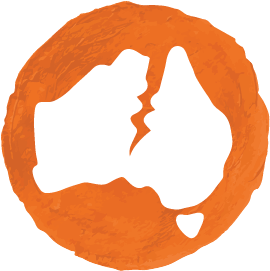
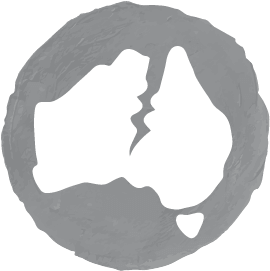
Injustice from the impact of colonisation.
Discover our curated collection of stories, articles and statistics that expose the injustices at the heart of our nation.
Who are Indigenous Australians?
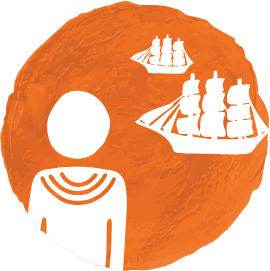
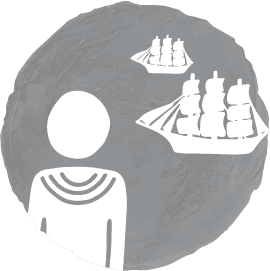
A past that shapes our story as a nation.
Tell stories that many Australians have never heard.
Immerse yourself in stories and articles to understand the connection between our nation’s past and present.
Busting the myth of peaceful settlement
Early missionaries to Australia
The civil rights movement in Australia
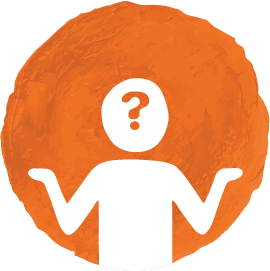

What’s it got to do with me?
Examines why this is relevant to every Australian.
Browse articles and stories that explore the ways we’re all connected, and what this means for us as Australians, collectively and individually.
What does this have to do with me?
Australia Day: answers to tricky questions
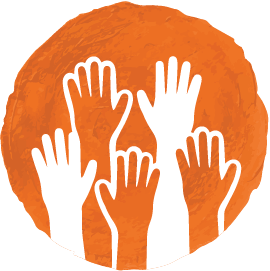
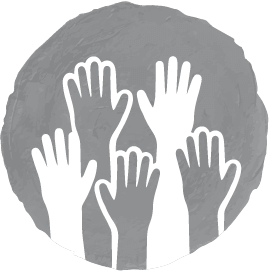
Everyone has culture. Know about your culture and value the culture of others.
Dive into stories and articles that explore the significance of culture and its role in building a brighter future together.
Welcome to and Acknowledgement of Country
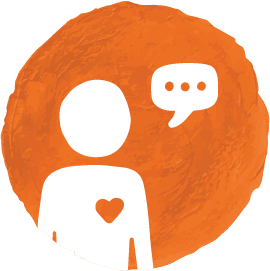
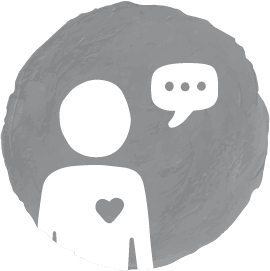
Steps we can take to build a brighter future.
Find inspiration in stories and articles that show even little steps can lead to big change when we do things together.
How do I get the most out of these resources?
The resources are designed to be flexible and modular, working around how you like to teach. You can use the resources exactly as they’re designed, or as a starting point from which to build your own lessons. Make them your own and use them to help you feel more confident in class.
Ready-made resources that save you time and help engage students
Make a difference in your classroom with easy-to-use, ready-made resources that will help your students understand First Nations stories, experiences and perspectives.
- Everything is ready to go
- Save you time
- Authentic learning
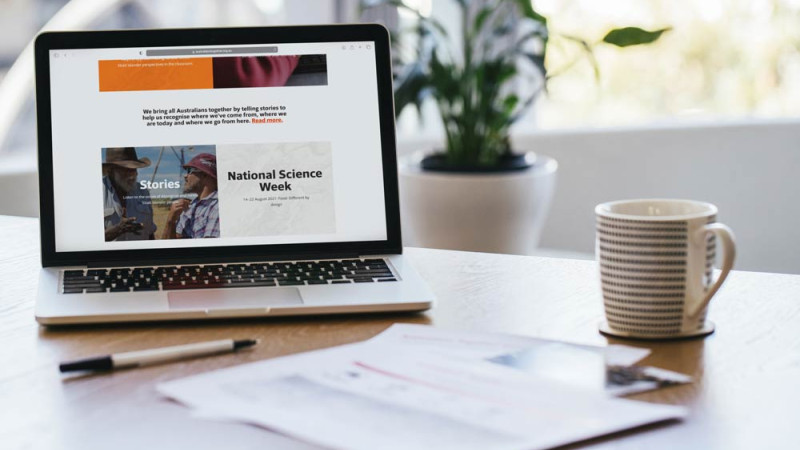
How will Australians Together continue to help me?
Change takes time and we’re here to provide the support you need over the long term. We’re constantly building new resources and we love to hear from educators like you. Feel free to reach out at any point and we can see how we can help. Together we can build a brighter future and a more united Australia for everyone.
Here’s why so many teachers love our resources:
- Everything is ready to go
Our resources include teacher guides and student handouts. - Save you time
Teachers love our resources as they it saves them time when lesson planning and they’re packed full of activities that really engage students. - Authentic learning
Teachers are following our resources’ responsive framework to confidently teach about Aboriginal and Torres Strait Islander histories, cultures and perspectives.
Have your say
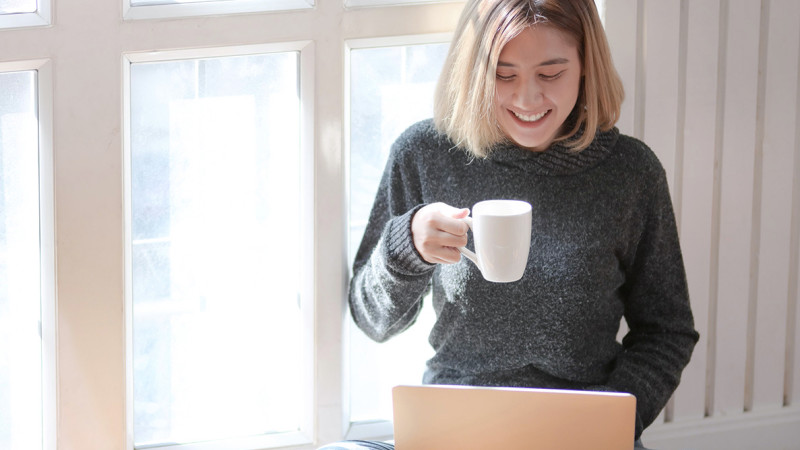
Lets talk
We'd love to hear your feedback, comment or suggestions.
Contact us
contact@australianstogether.org.au
Phone: (08) 7073 6499
PO Box 107
PARK HOLME SA 5043
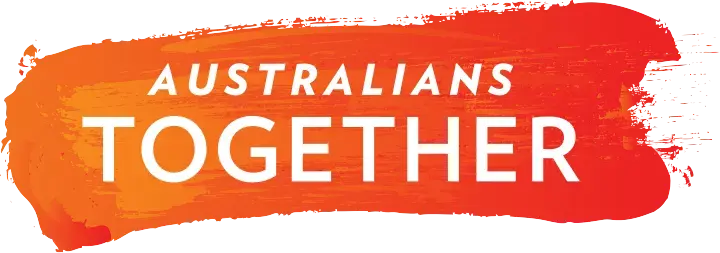
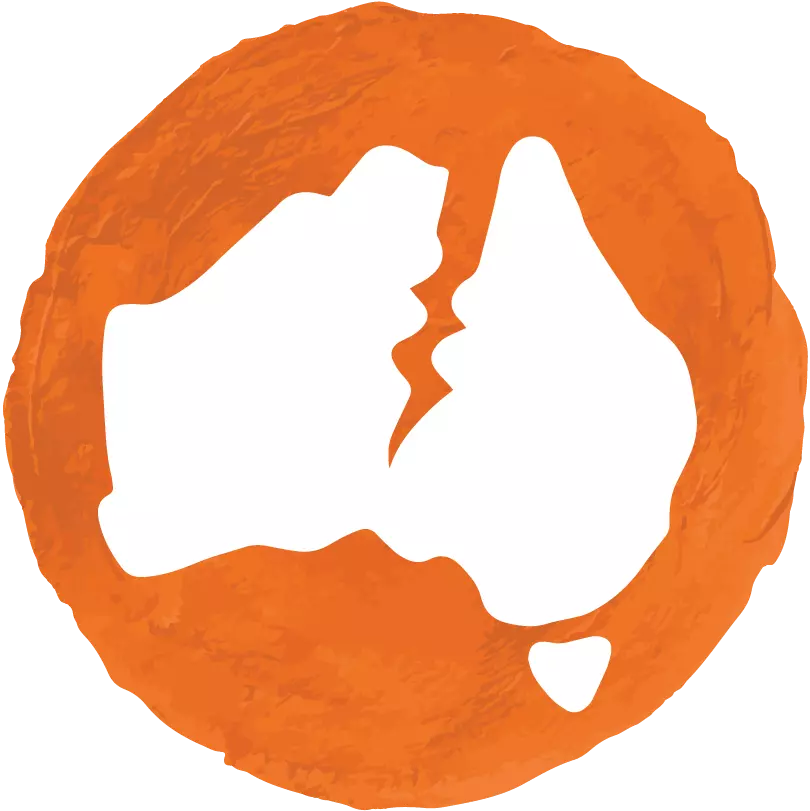 The Wound
The Wound
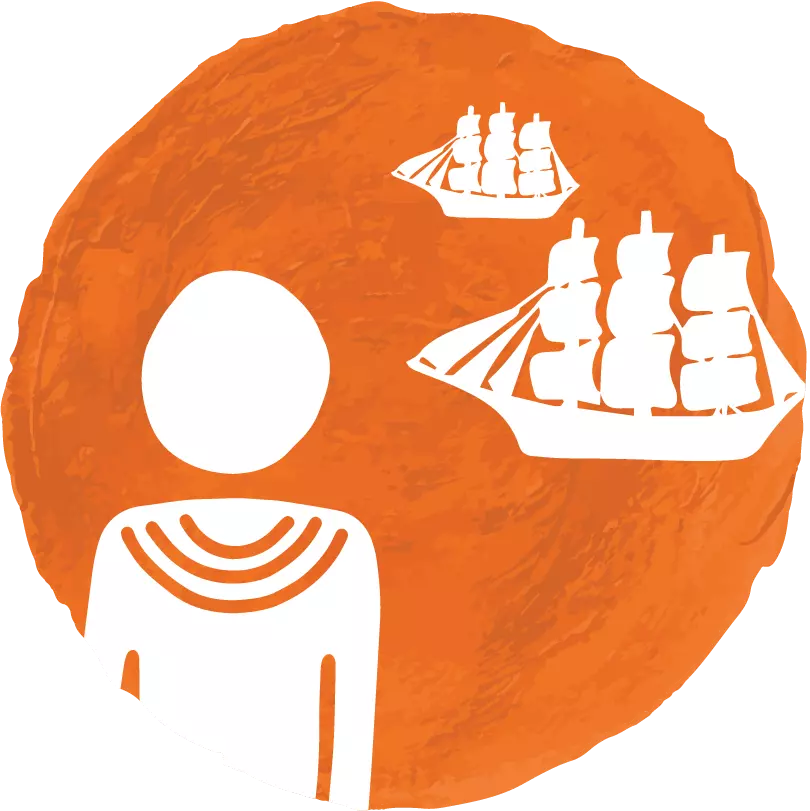 Our History
Our History
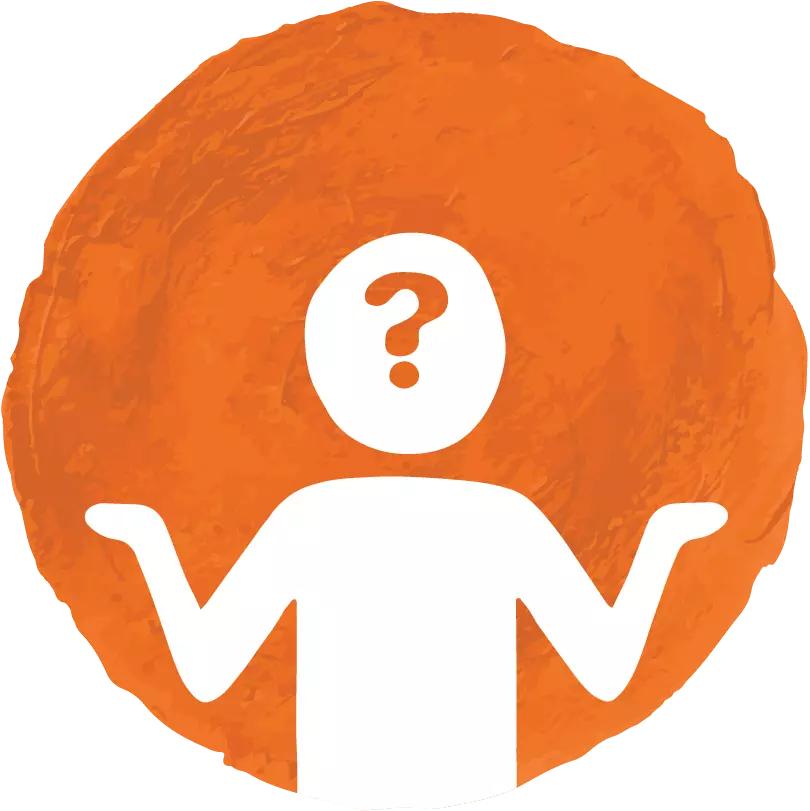 Why Me?
Why Me?
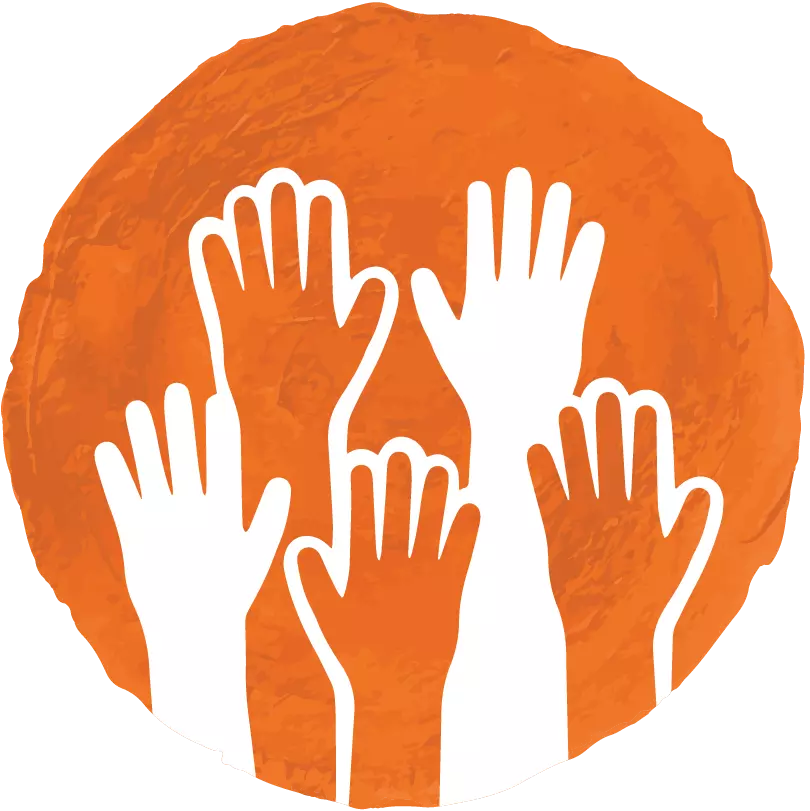 Our Cultures
Our Cultures
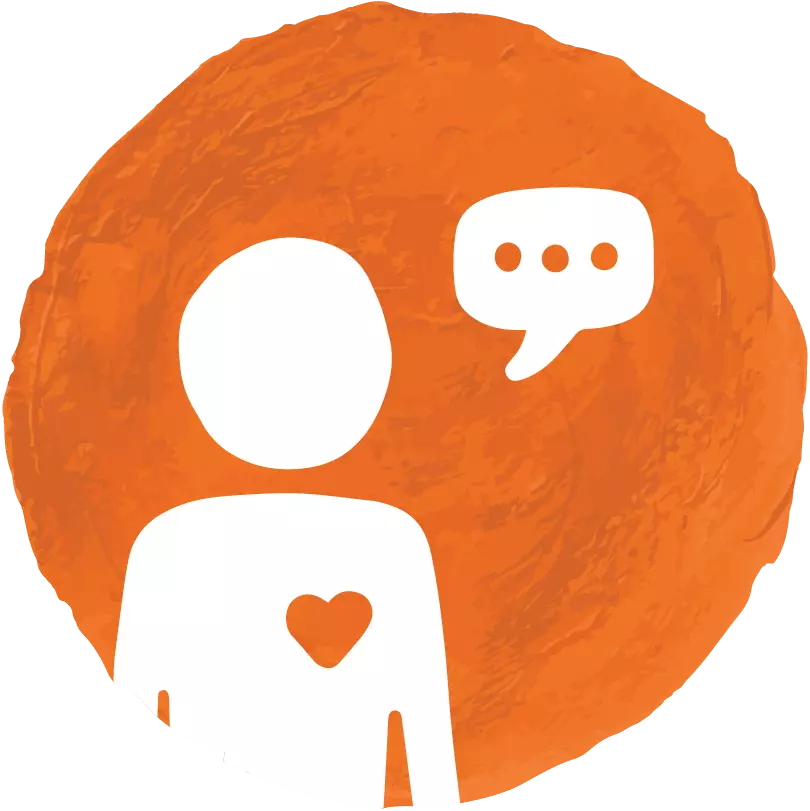 My Response
My Response




